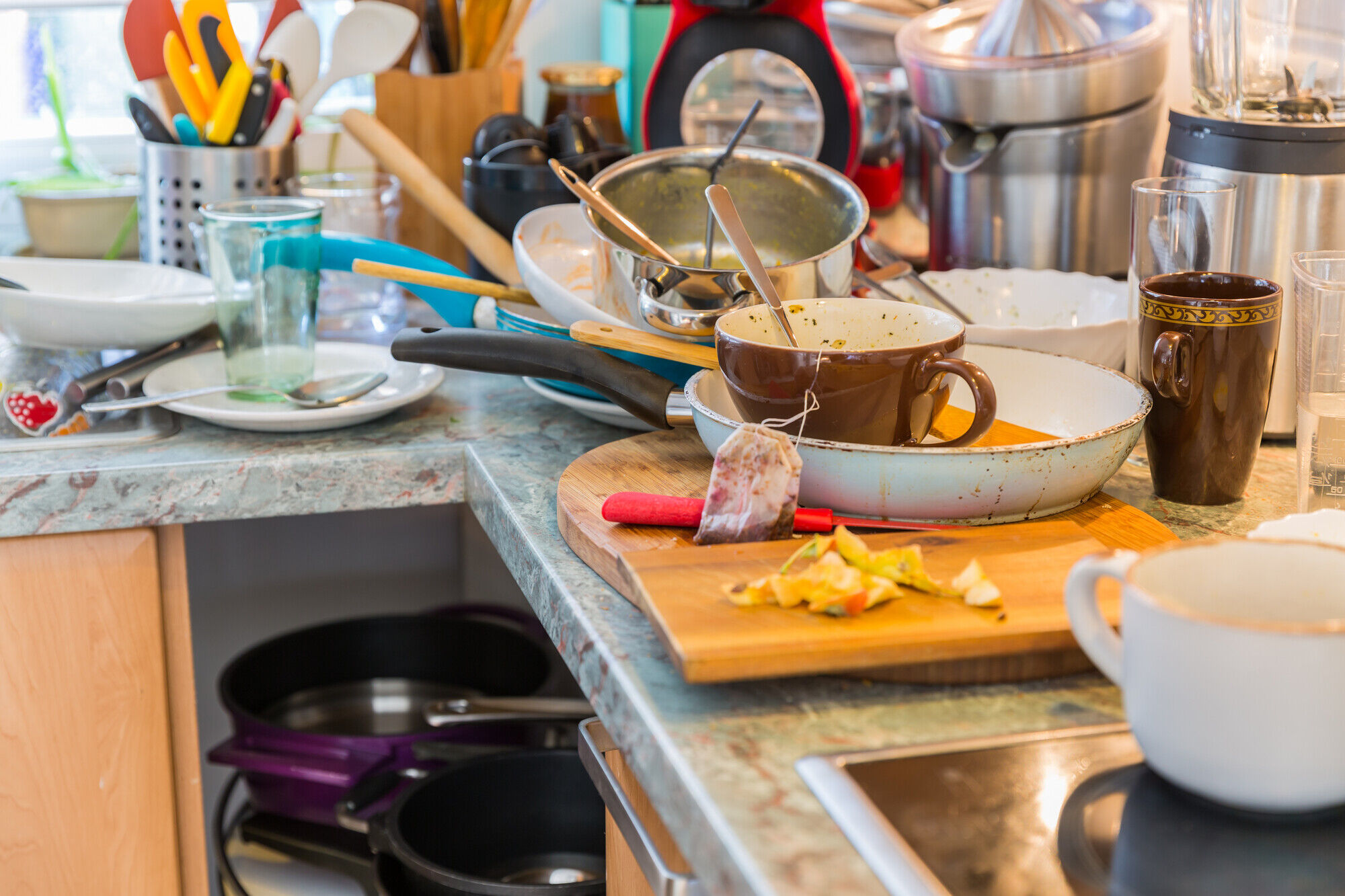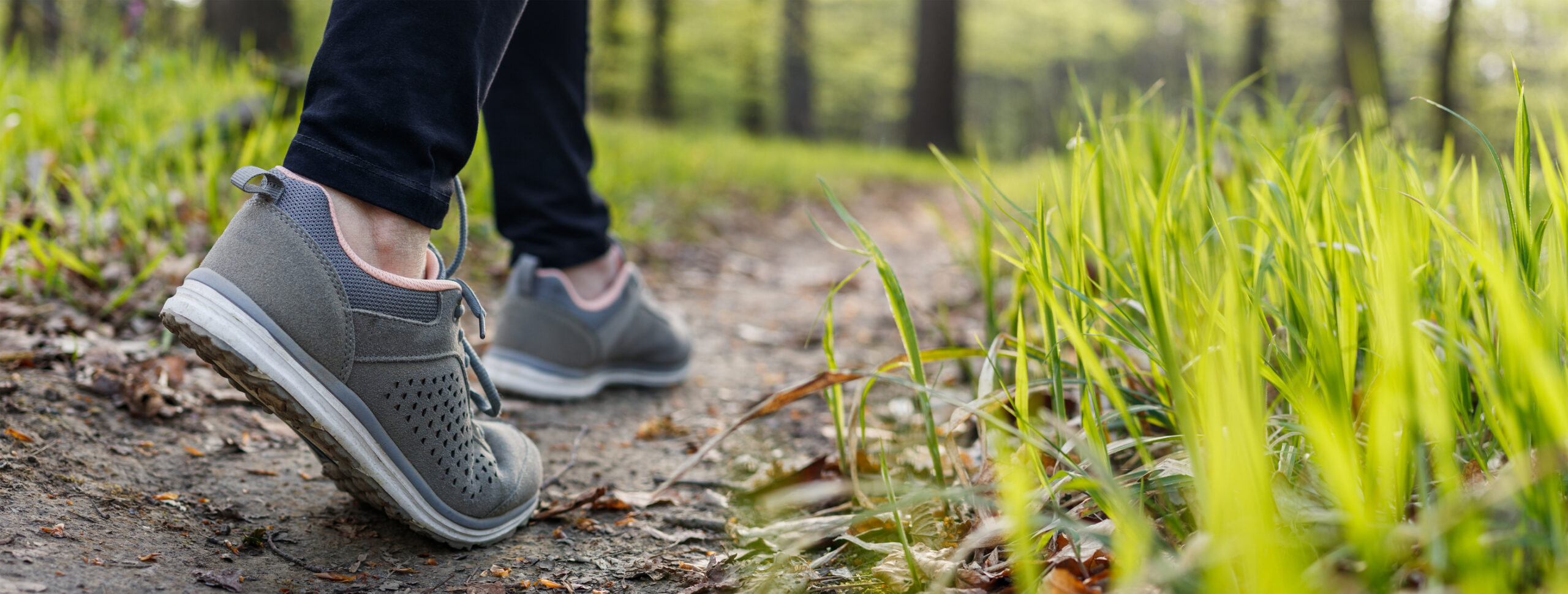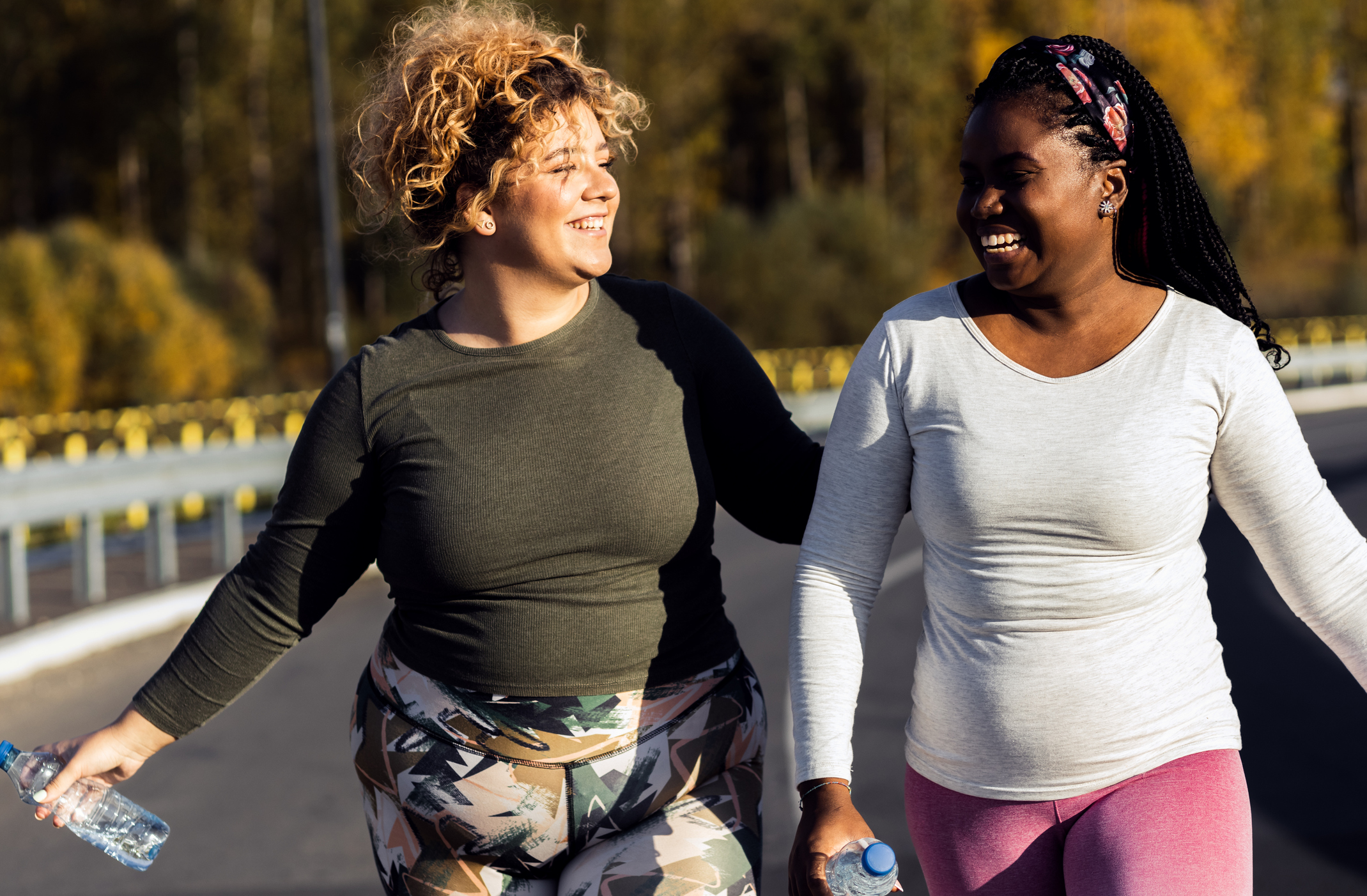Our surroundings can set us up for success or doom us to failure. There’s many ways we can change our environment that’ll support our health and wellbeing journey.
Avoiding temptation in our surroundings and creating healthy prompts can help us stay on track with our habits. If we make things we want to do, like moving more and eating well, easier, we’ll be more inclined to do them. Likewise, if we make things we don’t want to do harder, like overeating or being inactive, we’ll end up doing them less.
Understanding our triggers
Once we identify our triggers for undesirable actions and behaviours, we can utilise ‘stimulus control’. What’s that? Well, certain triggers cause predictable responses. For example, you get home after a tough day and there’s a bottle of wine chilling in the fridge next to a pot of creamy dip. What do you do? Grab the share size bag of crisps on the side and head to the sofa, bottle of wine and dip in hand to devour the lot. We’ve all been there! We can eliminate some stimulus and promote others to help us stay on track. Let’s look at some ways we can set ourselves up for success.
In the kitchen
- Buy less, or smaller portions, of the foods you find difficult to limit. If you do have them in your house, try moving them out of sight and out of reach. This will buy you a little more time when deciding whether or not to eat them.
- Keep the kitchen organised and tidy. You’ll be more likely to want to spend time there preparing nutritious foods. You’ll be able to see what you’ve got and make better choices too.
- Have healthy meals and snacks readily available. Try batch cooking and pre-portioning veg, nuts and seeds to snack on.
- Avoid having too many food choices. Too much choice can cause us to feel overwhelmed when deciding what to eat. Instead, try making your own weekly meal plan and sticking it somewhere you can see it, like on your fridge.
- Get rid of food that no longer serves your goals. Gift it to others to clear the way for vitality giving foods that’ll replace them. If others in your home have foods you don’t want around you, try to keep them somewhere you don’t go or see often.
Around the house
- Leave activity equipment out where you can use it easily. Swing a kettlebell whilst waiting for the kettle to boil or stretch out on your yoga mat while you’re waiting to use the bathroom or for dinner to cook.
- Make your bedroom a haven of peace and relaxation to promote a restful night’s sleep.
- Think about habits that you’d like to stop altogether and others that you’d like to adapt and change. For example, if watching TV or scrolling online is a stimulus or trigger to you eating mindlessly, try and do something else instead, like walking on the spot, eating veggie sticks or drinking herbal tea. They’re all great ways to reach your ambitions quicker.
- Give everything you need a place to live and make it accessible. Keep your bike at the front of the shed or garage, not buried under a gazebo or tools. Store activewear and trainers somewhere easy to access etc.
All habits follow the same pattern, known as the 3 R’s of habit formation.
- Reminder: the trigger.
- Routine: the behaviour itself.
- Reward: the incentive to perform the behaviour again.
Let’s look at the 3 R’s in action.
- Reminder: You keep freshly cut veggies in fridge.
- Routine: You eat a healthy snack.
- Reward: You feel happy that you’ve nourished your body and stayed on track.
Or, here’s another example
- Reminder: You see your trainers and gym gear laid out in the morning.
- Routine: You do a yoga flow or HIIT to start your day.
- Reward: You feel fitter and stronger and full of feel-good endorphins.
Prompts and reminders
Until they become second nature, it’s great to use prompts and reminders to establish new habits. Old ones are often so ingrained we action them by default. The ‘reminder’ triggers a behaviour. Think about what you do day in, day out: shower, brush teeth, get dressed, put shoes on, lock the door…and so the list goes on… go to sleep. These are all perfect triggers to prompt you. For example, when you brush your teeth, think about 3 things you’re grateful for. Before you know it, you’re practising gratitude twice a day, and by linking it to the teeth brushing — and maybe even sticking a post-it on the mirror to remind you — you’re much less likely to forget.
Prominent visual cues are helpful too, especially when it comes to tracking weight loss because often in the first few weeks, we can’t see much difference which can be disheartening. They can help us see how far we’ve come and motivate us to keep going. Ideas for this include buying a 1kg bag of value flour or sugar for every kilo you lose. The act of buying it, feeling its weight and seeing it on your worktop will motivate you to keep going. Other visual prompts could be:
- Store healthy foods where you can see them so when you’re looking for food you see the nutritious options first.
- Find a photo that represents your ‘why’, or motivation, and put it on the fridge, your mirror or inside your front door.
- Hang up an item of clothing in your bedroom that you wore at your largest size to remind you how far you’ve come.
- Put a penny in a jar for every day you’ve been active or a bead on a bracelet for every pound you’ve lost or mile you’ve run.
Think of health gain over weight loss and know that habits improve with repetition. To successfully incorporate new habits, we need the knowledge and skills to execute them and the desire to do them. Feelings and repetition set new habits. When we feel good about doing something, we’re much more likely to repeat it. Think about what changes you can make to your environment to give yourself the best chance of succeeding.



